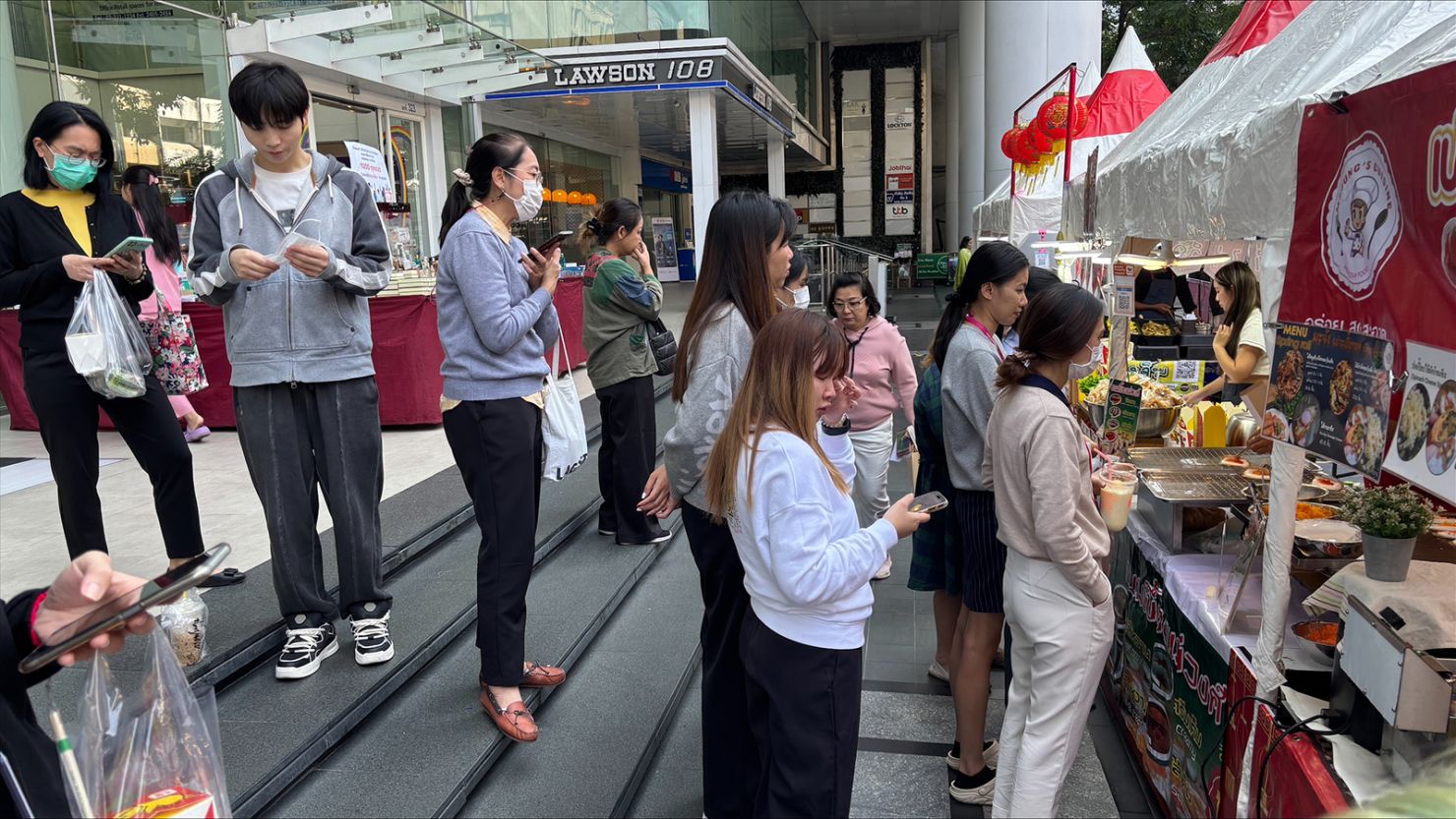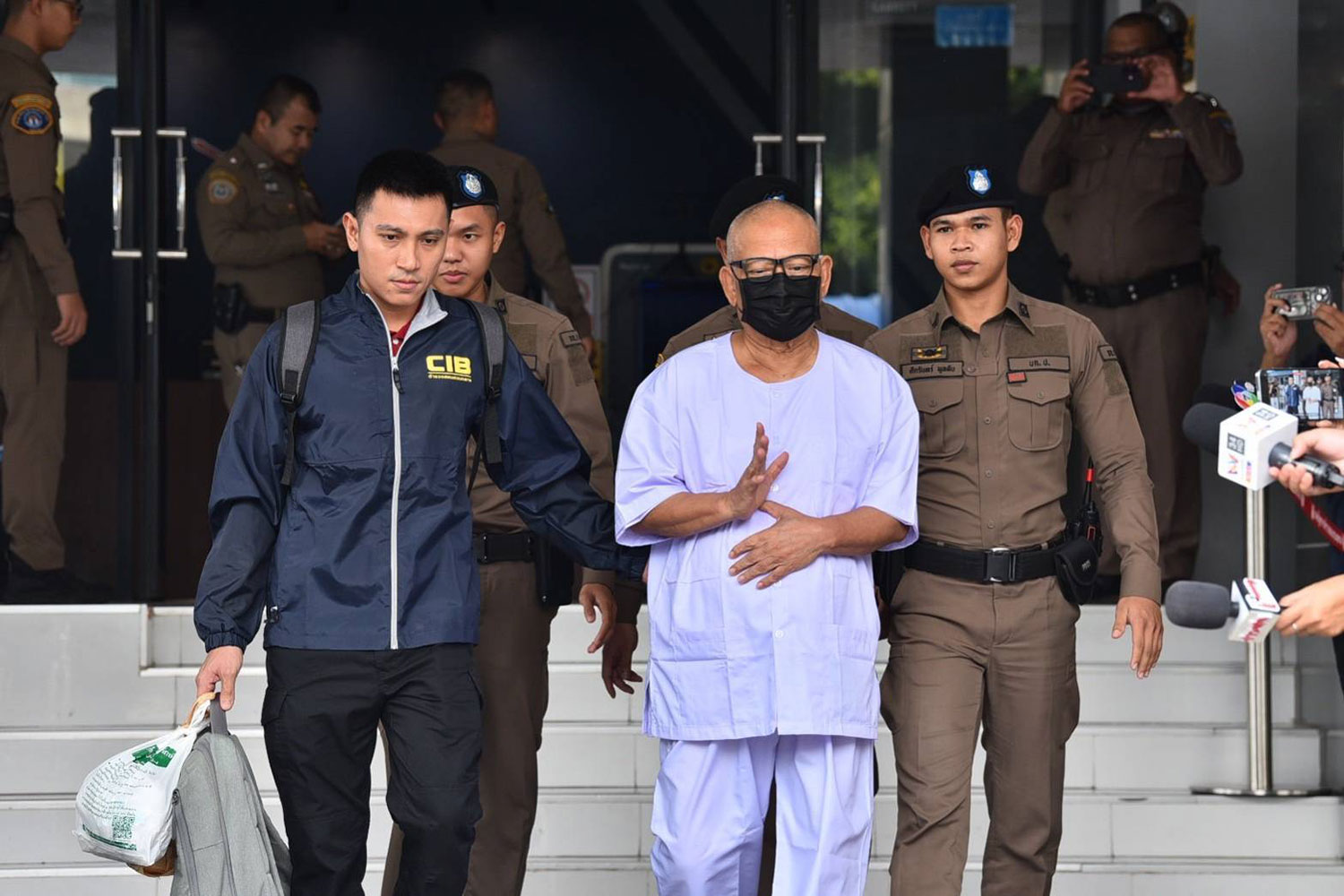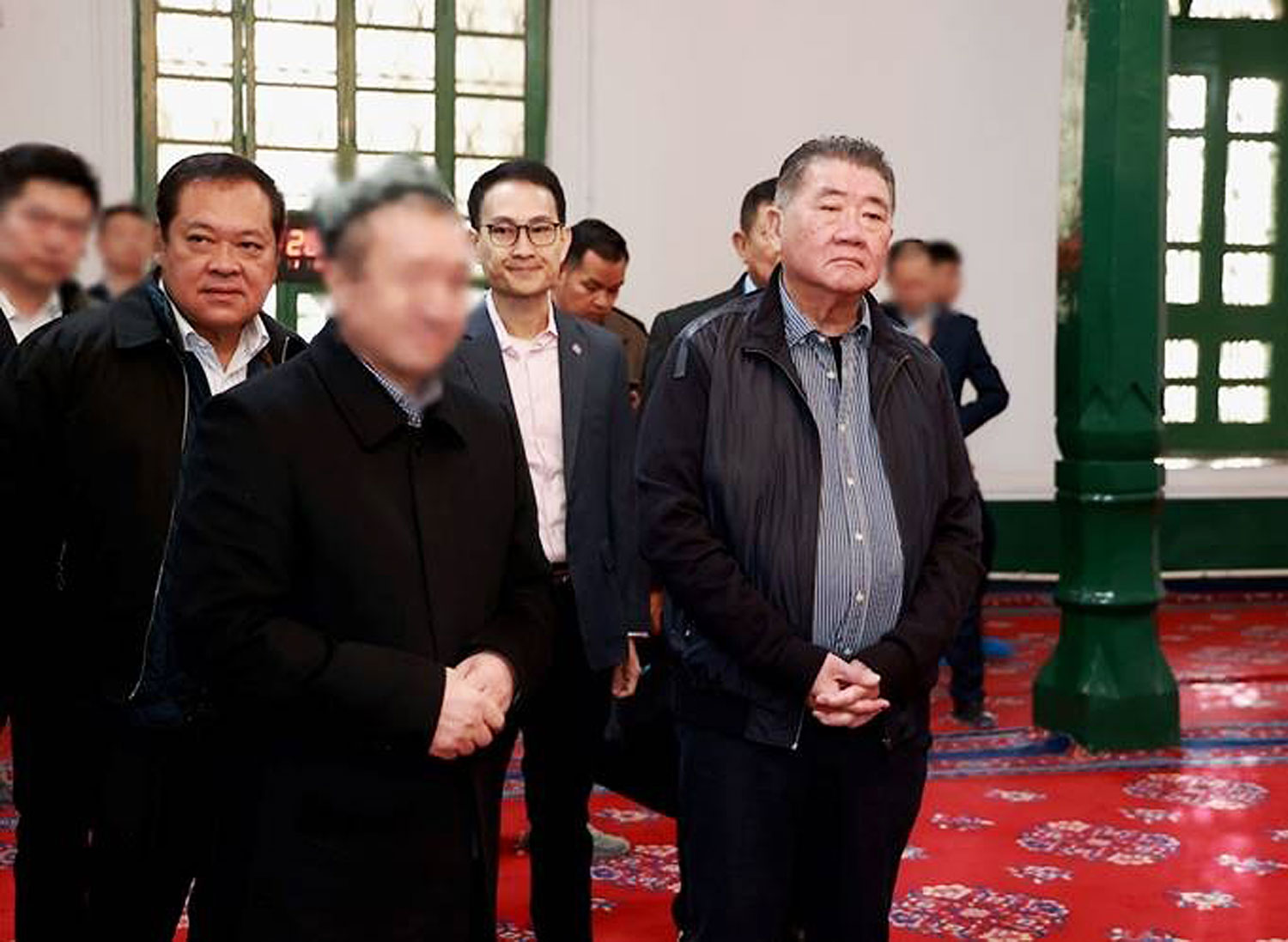The implementation of a mutual visa exemption agreement between Thailand and China has led to a significant increase in tourism and cultural exchanges between the two nations. This policy, which took effect on March 1, 2025, has already shown promising results in boosting visitor numbers and strengthening bilateral relations.
Economic Impact
Tourism Surge
The visa-free policy has sparked a notable surge in travel between Thailand and China. Chinese tour guides report fully booked schedules from early March through April, indicating a shift in peak travel seasons. This increase in tourism is expected to have a positive impact on both countries’ economies, with Thailand aiming to attract 8 million Chinese visitors in 2025.
Cultural Exchange
Deepening Connections
The visa waiver has facilitated greater cultural exchange between Thai and Chinese citizens. More Thai tourists are now considering China as a travel destination, exploring various aspects of Chinese culture, from historical sites to modern attractions. This mutual exploration is fostering a deeper understanding and appreciation of each other’s heritage.
Diplomatic Relations
Strengthening Ties
The visa exemption policy marks a significant milestone in the diplomatic relations between Thailand and China. As 2025 commemorates the 50th anniversary of their diplomatic ties, this agreement serves as a testament to the strong bond between the two nations. It reflects a commitment to mutual trust, respect, and a shared vision for prosperity.
Economic Cooperation
New Opportunities
Beyond tourism, the visa-free agreement is expected to catalyze broader economic cooperation. Experts suggest that future collaboration will focus on high-tech industries, renewable energy, and the digital economy. This shift towards innovation and high-value-added industries presents new growth opportunities for both countries.
Future Prospects
Sustainable Growth
As Thailand and China continue to strengthen their partnership, the visa-free policy is anticipated to have long-lasting positive effects. It not only promotes tourism but also encourages business exchanges and investment opportunities. This mutual arrangement sets the stage for sustained collaboration and economic growth in the years to come.









